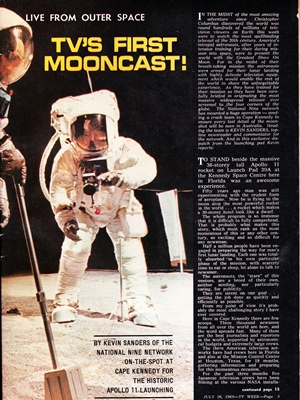
It is no surprise that the Apollo 11 mission dominated Australian television. After all, for a lot of the time, the pictures that the whole world were seeing were received on Earth by the Honeysuckle Creek tracking station and Parkes observatory in New South Wales, before being relayed to the world. All four networks mounted various levels of coverage, including a mix of direct feeds and pre-recorded documentaries and specials.
In Melbourne, GTV9 stayed on the air continuously 24 hours a day while Apollo 11 was in progress — a rare feat, if not a first for Australia at a time when all TV stations traditionally closed down overnight. Both the Nine and Seven networks had reporters based in the US to file special reports, while ATV0 set up an “Apollo News Centre” in its main studio. The channel had also made a model of the Saturn rocket and the lunar module which could be broken into sections to show viewers where the astronauts will work from.
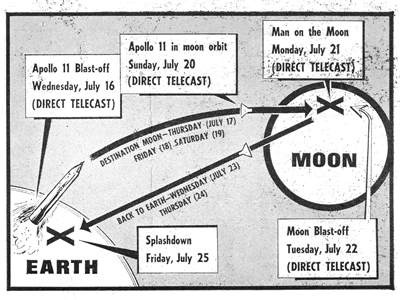
The coverage began at 7.30am on Tuesday 15 July with live coverage of the press conference with the Apollo 11 astronauts, broadcast on GTV9, HSV7 and ATV0. National broadcaster ABC (ABV2) presented a delayed coverage later in the day, while HSV7 replayed it at 8.00am and 8.20am.
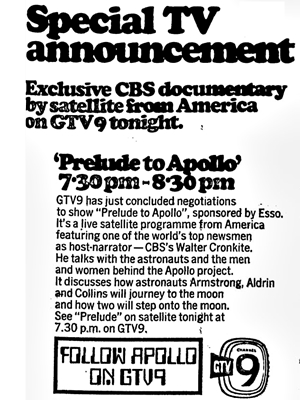
Highlights for the following days’ coverage — as listed in TV Times and The Age Green Guides for Melbourne, though similar schedules may have applied in other cities. All times were subject to last-minute changes in the Apollo 11 progress:
Wednesday 16 July
- 7.30pm Prelude To Apollo (GTV9). CBS special received via satellite
- 9.30pm In Melbourne Tonight (GTV9) included local guest artists performing Up Up And Away, Fly Me To The Moon and Show Me The Way To Get Out Of This World.
- 10.26pm Man On The Moon (HSV7). Presented by Sydney newsreader Roger Climpson, tracing man’s attempts to get to the moon, from Sputnik to Apollo 11.
- 11.15pm Apollo 11 Launching (ABV2, HSV7, GTV9, ATV0). Approximately 30-40 minutes.
Thursday 17 July
- 7.30pm Today The Moon (GTV9). Documentary hosted by Kevin Sanders, featuring Nine Network news reporters on location at the NASA training centre in Houston, Texas. Includes recorded interviews with the astronauts and covering their final pre-launch training.
Friday 18 July
- 9.32am Apollo 11 (ABV2, HSV7, GTV9, ATV0), direct coverage of trans lunar coast. 15 minutes.
Saturday 19 July
- 9.32am Apollo 11 (ABV2, HSV7, GTV9, ATV0), direct coverage of trans lunar coast. 15 minutes.
- From midnight, GTV9 stays on-air overnight with movies, while on stand-by for updates from Apollo 11.
Sunday 20 July
- 6.02am Apollo 11 lunar orbit (ABV2, HSV7, GTV9). Approximately 15 minutes. (ATV0 delayed at 10.45am) Replays throughout the day across ABV2, HSV7, GTV9 and ATV0.
- Morning replays of Man On the Moon (HSV7), Prelude To Apollo (GTV9) and Today The Moon (GTV9)
- 10.15pm Footsteps On The Moon (ATV0). Locally-produced documentary covering the background of space and lunar exploration, compiled from news film sources from around the world. One hour.
- GTV9 and HSV7 stay on-air overnight.
YouTube: Australian Television Archive
Monday 21 July
- 3.52am Apollo 11 (GTV9, HSV7). Direct telecast of formation flying of lunar and command modules. 30 minutes. (ABV2, ATV0 delayed at 5.40am)
- 4.25am Apollo 9 Documentary (HSV7). One hour
- 6.10am Apollo 11 lunar touchdown (ABV2, HSV7, GTV9, ATV0). Approximately 30-45 minutes. Replayed throughout the morning.
- 3.57pm Apollo 11 tracking lunar surface from command module (ABV2, HSV7, GTV9, ATV0).
- 4.12pm Apollo 11 lunar surface walk (ABV2, HSV7, GTV9, ATV0). To approximately 6.52pm.
- 9.02pm Man On The Moon special (ABV2). Includes highlights of satellite coverage starting with the astronauts’ press conference. One hour.
- 11.30pm Apollo 11 replay lunar touch down and surface walk (HSV7). Approximately 130 minutes.
- GTV9 and HSV7 stay on-air overnight with movies, on stand-by for updates.
Tuesday 22 July
- 3.30am Apollo 11 direct telecast of lunar lift-off (ABV2, HSV7, GTV9). Approximately 40 minutes.
- Repeats of lunar lift-off at various times between 6.00am and 9.00am (ABV2, HSV7, GTV9, ATV0) and 12.30pm (HSV7).
- GTV9 on-air overnight with movies, on stand-by for updates.
Wednesday 23 July
- 11.02am Apollo 11 first trans-Earth coast (ABV2, HSV7, GTV9, ATV0). Approximately 15 minutes.
- GTV9 on-air overnight with movies, on stand-by for updates.
Thursday 24 July
- 9.02am Apollo 11 second trans-Earth coast (ABV2, HSV7, GTV9, ATV0). Approximately 15 minutes.
- GTV9 on-air overnight with movies, on stand-by for updates.
Friday 25 July
- 2.30am Apollo 11 direct coverage of splashdown (audio only — no live TV coverage available) (GTV9)
- 4.00pm Apollo 11 delayed telecast of splashdown and recovery (ABV2, HSV7, GTV9, ATV0) received from the US via satellite. 30 minutes.
- GTV9 resumes overnight close down.
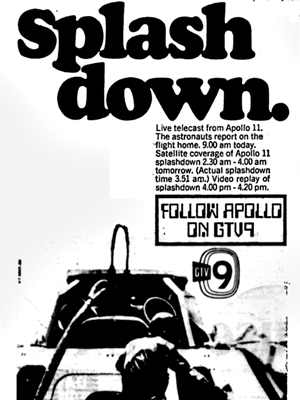
In 1970, the Apollo 11 crew receive a special edition TV Week Gold Logie for “Providing TV’s Greatest Moment In Their Moon Telecast”.
Source: The Age, 10 July 1969, 17 July 1969, 24 July 1969. TV Times, 16 July 1969. TV Week, 26 July 1969.


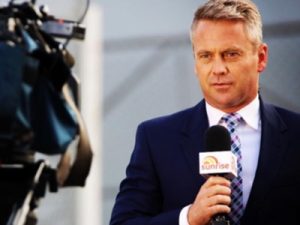
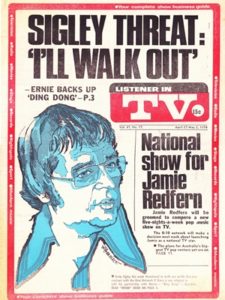
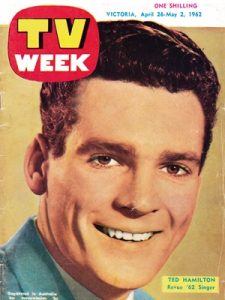
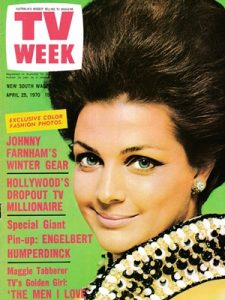
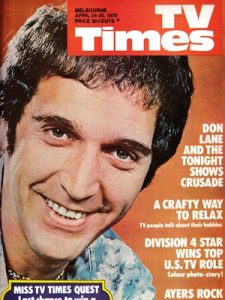
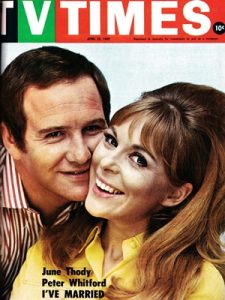
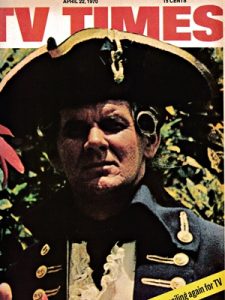
Great news, I am proud of this event. But now the memory of the Apollo’s flight to the moon has been revived, but in a bad way. The concept of “Lunar conspiracy”. The debaucher of miracles and superstitions believe that no people flew to the moon and the whole Apollo program is, by now, a solid fake made in NASA cabinets and Hollywood studios. When they really lie a lot, a disoriented person is frightened of the most consoling conspiracy, which has several advantages over traditional knowledge. Good luck!
When I was a student of Electronics Engineering at Granville College of TAFE, one of my lecturers at Granville was Mr Ritchie Norman. All the TAFE lecturers in Electronics Engineering were university-qualified.
Before Mr Norman went into TAFE lecturing, he was an engineer at the ABC. One of his jobs in 1969 was to convert the TV signal from the Australian telescope(s) (Parkes? Tidbinbilla?) pointed towards the moon to a signal that was a 625-line compatible.
While GTV-9 had the world record in continuously broadcasting the moon mission, I believe that the ABC had a more important role in delivering the signal for Australia if not the world and that the ABC is one of the unsung engineering heroes.
Thank you,
Anthony, from exciting Belfield.